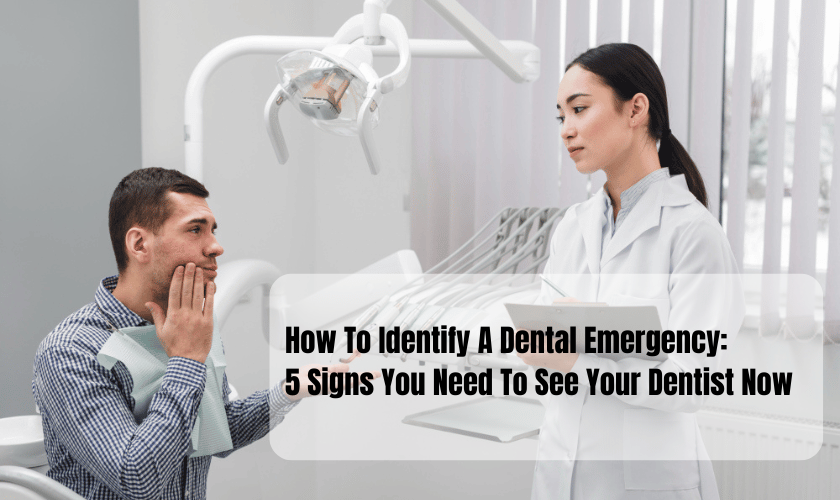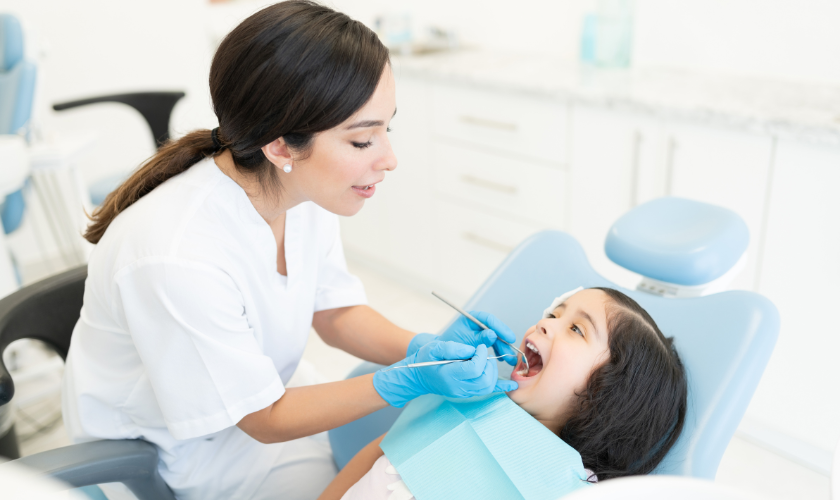Dental emergencies can be unexpected, nerve-wracking, and downright painful. Whether it’s a sudden toothache that feels like a lightning bolt in your mouth or a knocked-out tooth from an accidental fall, knowing what to do in a dental crisis can make all the difference. In this guide, we’ll walk you through common dental emergencies and provide essential tips on how to handle them with confidence and composure.
Understanding Dental Emergencies
Before diving into specific scenarios, let’s understand what constitutes a dental emergency. Essentially, any oral health issue that requires immediate attention to alleviate severe pain, stop bleeding, or prevent further damage qualifies as a dental emergency. These can include:
- Severe Toothache: A sudden, intense toothache that persists and is not relieved by over-the-counter pain medication may indicate an underlying issue such as infection or tooth decay.
- Knocked-Out Tooth: Accidents happen, and a knocked-out tooth can be a distressing experience. Prompt action can sometimes save the tooth.
- Broken or Chipped Tooth: Whether due to a fall, sports injury, or biting down on something hard, a broken or chipped tooth requires immediate attention to prevent further damage and potential infection.
- Lost Dental Filling or Crown: If a filling or crown falls out, it’s important to see your dentist promptly to prevent discomfort and further damage to the tooth.
- Abscess: An abscess is a painful infection that forms around the root of a tooth or in the spaces between the teeth and gums. It can cause swelling, fever, and intense pain and requires immediate treatment to prevent the spread of infection.
Steps to Take During a Dental Emergency
- Stay Calm: It’s natural to feel panicked during a dental emergency, but staying calm is crucial. Take a few deep breaths to steady yourself before taking action.
- Assess the Situation: Evaluate the severity of the situation. Is it a minor issue that can wait until regular office hours, or does it require immediate attention?
- Contact Your Dentist: If you’re experiencing a dental emergency during office hours, call your dentist’s office immediately. They may be able to fit you in for an emergency appointment or provide guidance over the phone.
- Follow First-Aid Measures: Depending on the nature of the emergency, there are specific first-aid measures you can take to alleviate pain and prevent further damage. These may include rinsing your mouth with warm salt water, applying a cold compress to reduce swelling, or using over-the-counter pain medication as directed.
- Seek Emergency Care if Necessary: If your dentist’s office is closed or you’re unable to reach them, seek emergency dental care at an urgent care facility or hospital. They can provide temporary relief until you can see your regular dentist.
Be Prepared for Dental Emergencies
Dental emergencies can happen to anyone, at any time. By understanding what constitutes a dental emergency and knowing how to respond calmly and effectively, you can minimize pain, prevent further damage, and preserve your oral health. Remember to stay proactive about your dental care by scheduling regular check-ups and practicing good oral hygiene habits. And in the event of a dental crisis, don’t hesitate to seek professional help promptly. Your smile is worth it!




